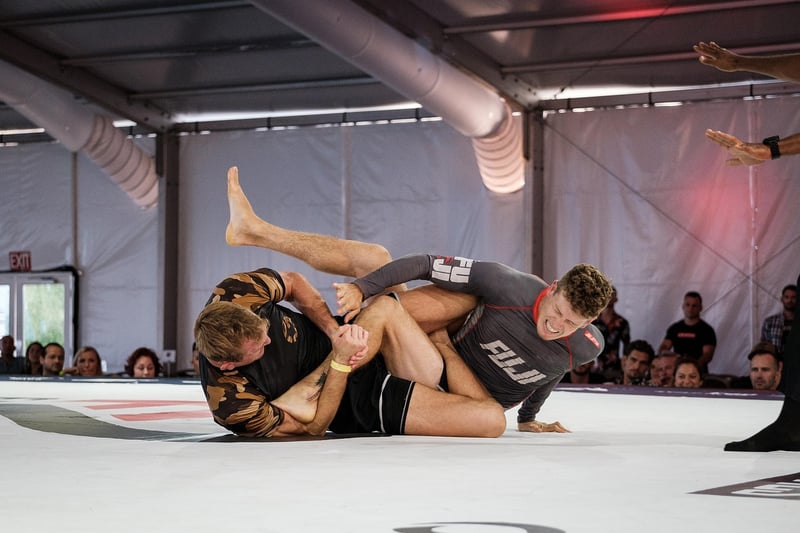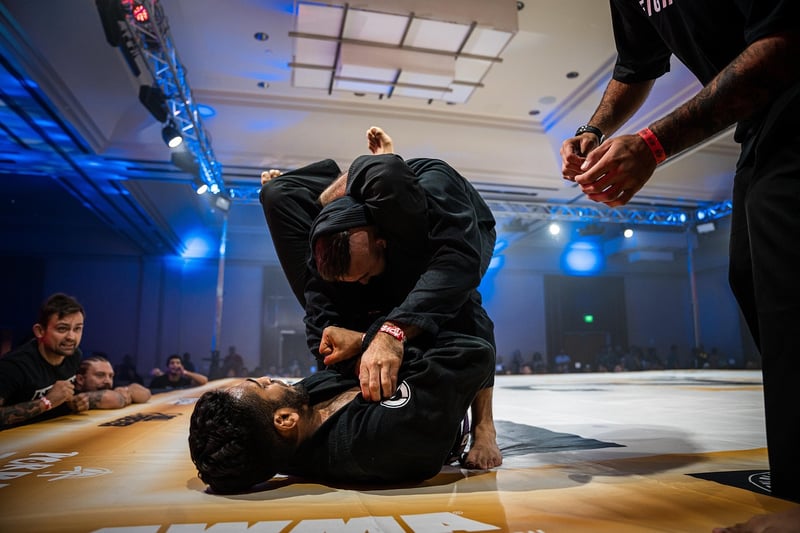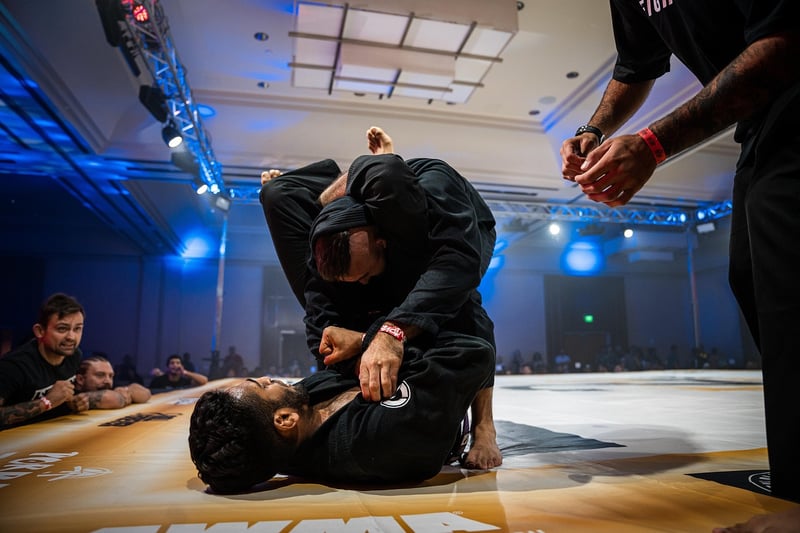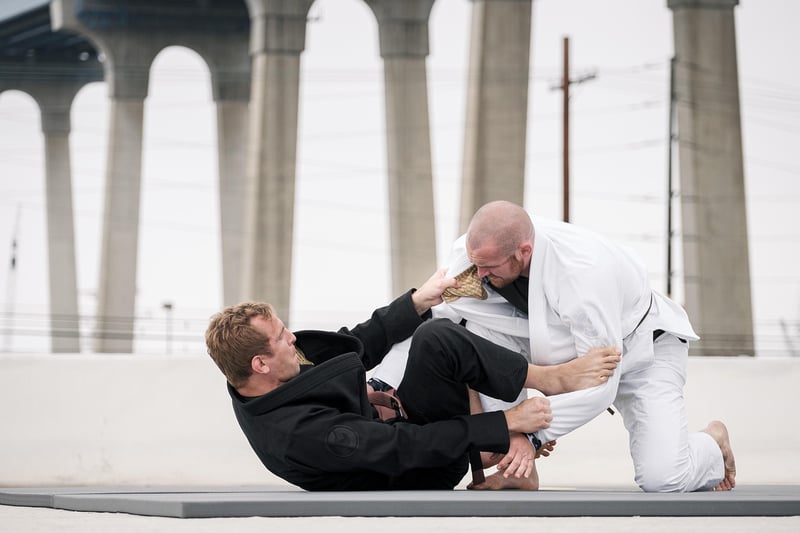Jiu-Jitsu techniques
The Art of Discipline and Self-Defense: Exploring Jiu-Jitsu Techniques
Discipline and self-defense are essential skills in today's world. One effective way to cultivate these skills is through the practice of Jiu-Jitsu. Originating from Japan, Jiu-Jitsu is a martial art that focuses on grappling and ground fighting techniques. It is not only a great form of self-defense but also a way to build discipline, confidence, and physical fitness.
Benefits of Practicing Jiu-Jitsu
- Self-Defense Skills: Jiu-Jitsu equips practitioners with the ability to defend themselves in real-life situations, regardless of their size or strength.
- Discipline: Regular practice of Jiu-Jitsu instills discipline and focus, helping individuals develop a strong work ethic and perseverance.
- Physical Fitness: Jiu-Jitsu is a full-body workout that improves strength, flexibility, and cardiovascular health.
- Stress Relief: Engaging in Jiu-Jitsu can be a great way to relieve stress and improve mental well-being.
Basic Jiu-Jitsu Techniques
1. Guard Pass
The guard pass is a fundamental technique in Jiu-Jitsu that involves moving past an opponent's legs to gain a dominant position.

2. Rear Naked Choke
The rear naked choke is a highly effective submission hold that restricts an opponent's blood flow to the brain, leading to a quick submission.

3. Armbar
The armbar is a joint lock that hyperextends the elbow joint, causing intense pain and forcing the opponent to submit.

If you are interested in learning more about Jiu-Jitsu and how it can benefit you both mentally and physically, consider enrolling in a local Jiu-Jitsu academy or training under a qualified instructor. Remember, the key to mastering Jiu-Jitsu lies in consistent practice, dedication, and a willingness to learn.
Start your journey towards discipline, self-defense, and personal growth with the art of Jiu-Jitsu today!
